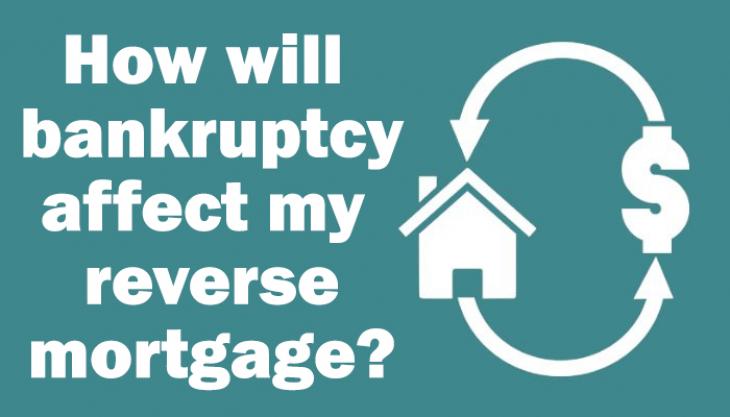What happens to reverse mortgage when you file bankruptcy?
Submitted by Law Office Blogger on Sun, 03/17/2024 - 9:14pm

When you file for bankruptcy, whether Chapter 7 or Chapter 13, it can have implications for any outstanding debts you have, including a reverse mortgage. Here's how it may affect a reverse mortgage:
Chapter 7 Bankruptcy: In a Chapter 7 bankruptcy, your non-exempt assets are liquidated to pay off your debts, and then remaining qualifying debts are discharged. Reverse mortgages are typically non-recourse loans, meaning the lender can only collect what the home is worth, even if the loan balance exceeds that amount. In most cases, if you have a reverse mortgage and file for Chapter 7 bankruptcy, you can keep your home as long as you continue to meet the obligations of the reverse mortgage, such as paying property taxes and homeowner's insurance.
Chapter 13 Bankruptcy: In a Chapter 13 bankruptcy, you create a repayment plan to pay off your debts over three to five years. During this time, you may be able to keep your home while catching up on missed mortgage payments, including those from a reverse mortgage. However, you'll need to continue making regular payments on the reverse mortgage throughout the bankruptcy process.
It's important to note that bankruptcy laws can vary by jurisdiction, and there may be specific rules and considerations depending on your location and individual circumstances. Additionally, consulting with a bankruptcy attorney who has experience with reverse mortgages can provide personalized advice tailored to your situation.
Debts Hurt! Got debt? Need help? Get started below!